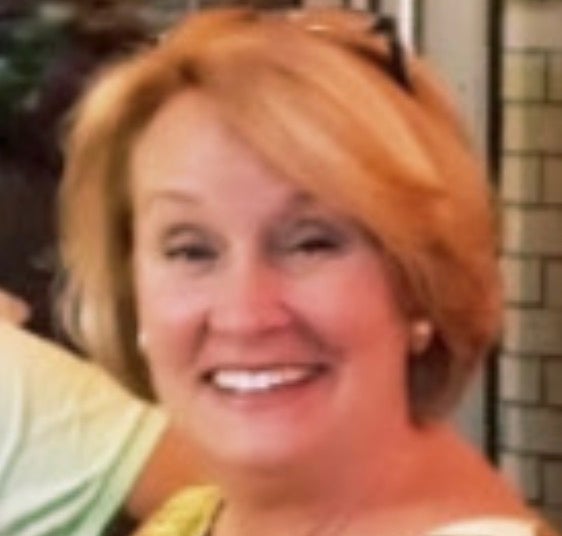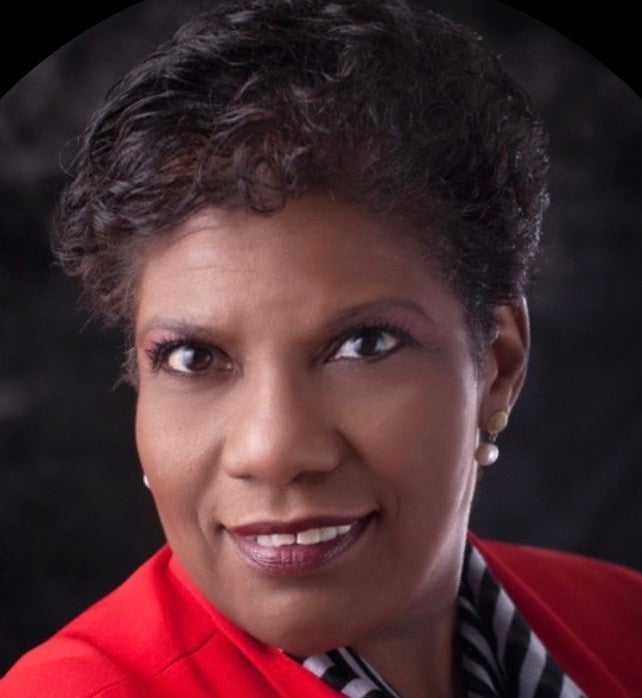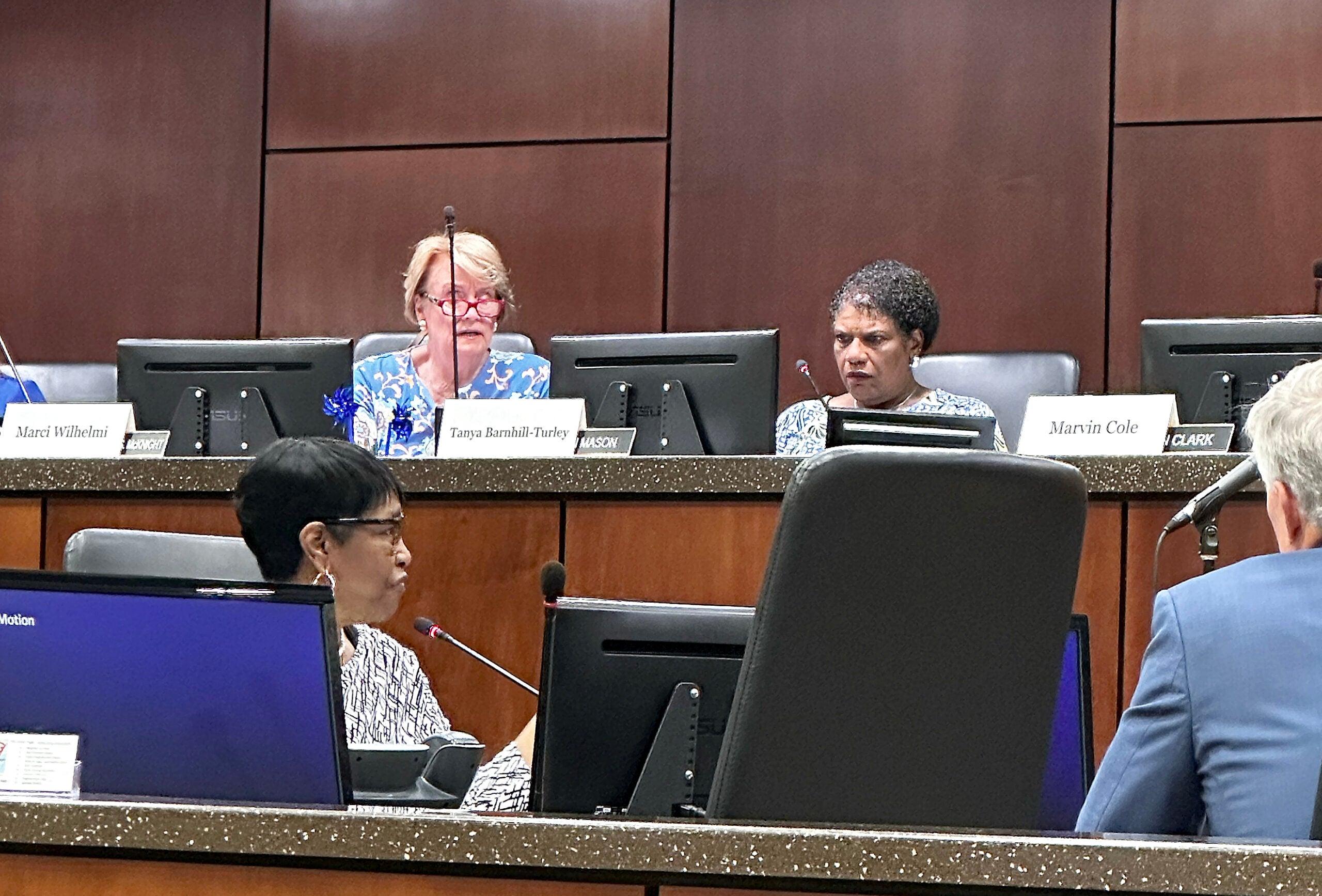Augusta’s charter review committee elected three women as officers and set a handful of ground rules – including a ban on using electronic communication devices during meetings – at its second meeting Monday.

The committee elected member Marcie Wilhelmi, a former airport commissioner and retired medical executive as its chair, a move Wilhelmi later said came as a bit of a surprise.
Nominated by member Steve Foushee, Wilhelmi was elected after five rounds of voting. Prior votes for four nominees, including Wilhelmi, Clarence Lee Powell, Lester McCorn and Lonnie Wimberly, each failed to garner the six votes needed for approval.
The 11-member committee was missing member Marvin Cole for the votes on officers.
Consultant Tanya Barnhill-Turnley, longtime manager of Commissioner Alvin Mason’s campaigns, was nominated by member Charlie Coleman and elected vice chair. Prior votes for members Angela Bakos and Powell had failed.
Bakos, the founder of Resourced Augusta, was the sole nominee for committee secretary and was elected unanimously.

Six votes needed to pass a measure
In her first act as chair, Wilhelmi asked for clarity on how many votes are needed for the committee to pass a measure. Bylaws presented at the committee’s last meeting said seven were needed.
Augusta General Counsel Jim Plunkett said the number was typographical error and should have been six. The commission, in approving a resolution creating the committee, “was silent” on the number, while Robert’s Rules of Order as well as the commission’s rules call for six, Plunkett said.
Bakos called for eight votes to pass a measure. She said the greater number would “more likely represent us all” in the committee’s decision-making, and that the charter requires a super-majority of commission votes to change the government’s structure. Bakos later suggested seven as a compromise, but the committee went with six.

“There’s no way you’re going to get eight people on the same page,” Coleman said.
Former Commissioner Ben Hasan, who attempted to join the discussion from the gallery, would say during a later public comment period that the 2001 charter review committee required unanimous votes to recommend changes.
Foushee’s motion to set the number at six passed 7-3 with Bakos, Powell and member Virginia Cody voting “no.”
Wilhelmi also asked Plunkett about members’ use of abstentions in voting. Plunkett said abstentions are considered the absence of a vote and not a “no” vote.
Plunkett also clarified that the Augusta Commission will be presented the committee’s recommendations, but cannot modify or vote to reject them. The resolution calls for an eventual voter referendum on the changes after they are sent to the Georgia General Assembly.
Communication devices banned
Coleman said a ban on members using electronic devices during meetings would prevent “news agencies or former or present commissioners” from attempting to steer the committee’s work.
“We need to be an independent body and we need to work together, and not be influenced in (any) kind of way,” he said.
His motion to prohibit the devices passed 8-2 with Bakos and Wimberly opposed.
Public comment, meeting times, locations
The group discussed ways to allow for public comment and agreed to have public hearings but did not finalize a process for receiving public input.
“It’s extremely important that every citizen of Richmond County and Augusta feels represented,” Foushee said.
Members also discussed using a different room such as the Linda Beazley Room, so they could sit around a table and meet face to face.
Commission Clerk Lena Bonner said unlike the commission chamber, the Beazley Room is not equipped with security, microphones or voting devices, and that it lacks sufficient room for a crowd. The committee did not finalize the addition of other meeting locations Monday.
After briefly considering meeting every week, the committee approved meeting at 10 a.m. on the first and third Thursdays of each month. The resolution gives the committee through March 31, 2026, to produce a report recommending changes unless the commission approves extending the deadline.
‘Really scary ground’
After a brief presentation by representatives from the Carl Vinson Institute of Government, which the commission hired to facilitate the charter review, Wilhelmi adjourned the meeting after making a brief statement.
“This day did not turn out the way that I expected it to coming in, but I’m very humbly thankful for your vote of support,” she told the group. “I have a very strong and profound feeling that we’re going to cover some really scary ground, but we’re going to come out the other end as a unit.”
She encouraged members to collaborate closely.
“If we learn to discover what each others’ talents are,” she said, “we will come forth with the right answers.”











